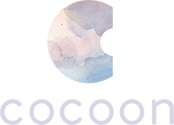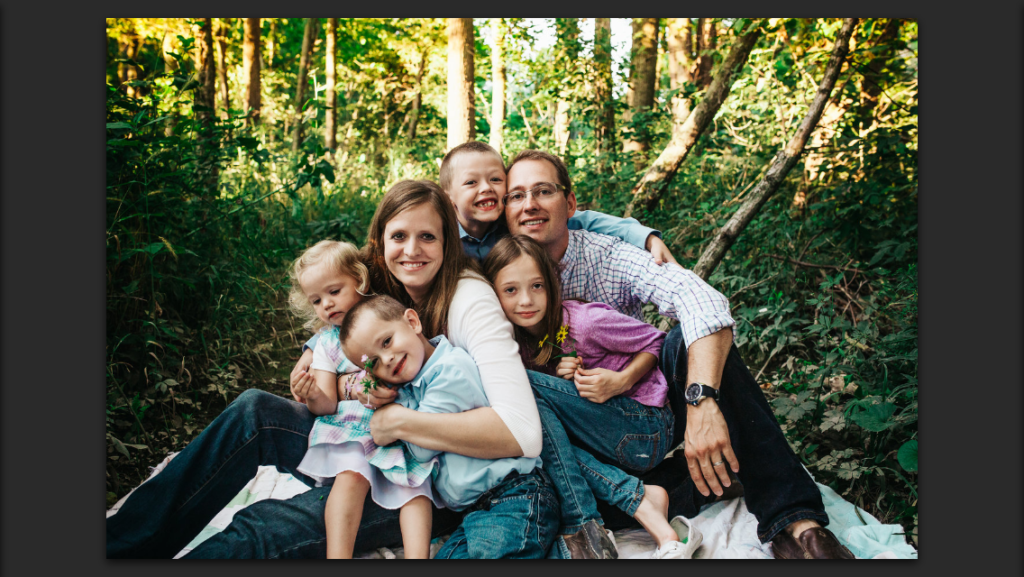 by Allison Crockett
by Allison Crockett
Anna Karenina. Words synonymous with Russian winters, trains, adultery, lavish dresses and furs, princes and princesses. Or perhaps the mind jumps quickly to Tolstoy and his ability to take a few simple themes and turn them into 800+ page novels. Whatever your initial thoughts are, they probably did not involve the shaping of your personal parenting philosophy. Unless your personal parenting philosophy involves simply avoiding adultery as a means to familial happiness. If this is the case, I stand corrected and applaud your good morals.
I first read Anna Karenina in college, when I was young, impressionable, and single. Naturally scandalized by Anna’s shamelessly adulterous behavior (remember reading The Scarlet Letter in high school? And you wondered why anyone would write a novel like that?), I, too, vowed to spurn adulterous thoughts forever and find myself a Levin worthy of my love and domestic ambitions. No doubt part of Tolstoy’s intent was to promote these kinds of society-saving feelings. However, while the overarching themes of adultery, unhappiness, family, redemption, faith, and suicide were not lost on me, there was one particular moment in Anna Karenina that has lingered in my mind and helped shape the parent that I am. It is near to the end when Kitty is attending to her son:
“ ‘…And I will run to Mitya. As ill-luck would have it I have not fed him since breakfast. He will be awake now and is certainly screaming.’ And feeling the flow of milk, she went with rapid steps to the nursery.
It was not a mere guess—the bond between herself and the baby had not yet been severed—and she knew surely by the flow of milk within herself that he was wanting food.
She knew he was screaming before she reached the nursery. And so he was. She heard his voice and increased her speed. But the faster she went the louder he screamed. It was a fine healthy voice, only hungry and impatient.
[…] Her impatience was increasing with the baby’s.
As a result of their impatience matters were long in getting settled. The baby got hold in the wrong place and was angry.
At last, after desperate screaming and choking, matters went smoothly, and both mother and child felt calmed and were silent.” (776-777)
This is surely not an important moment in the book from any literary perspective, but when I read this for the first time thirteen years ago I was profoundly struck by several realizations. 1. Leo Tolstoy knew more about motherhood than I did. 2. I wanted to be a mother, with that special kind of intuition—to know things about my child without “merely guessing.” 3. I wanted those feelings, I wanted that “bond”, I wanted to know my child’s wants and needs in real-time, and I wanted to meet those needs personally. Put simply, I wanted to breastfeed. 4. I had no desire to be a sedate, in-control, beautifully-coiffed-and-dressed Russian princess of a mother, but to be warm, affectionate, moving with “rapid steps” to see to my children, being pricked by the sensations of my own “flow of milk,” not very romantic, to be sure, but messy, sometimes frustrating, vital, persistent, and all mine. 5. I wanted to have enough in-tune-ness to believe in myself, together with my spouse, as knowing what is best for my child.
These thoughts, stemming from this seemingly-unimportant quote, have shaped who I am as a parent. I have worked hard to bring children into the world, to breastfeed them, to meet their needs at each stage of their lives, and to do this while being true to who I am, my desires and needs, and to give myself grace in my impatience and imperfections. As a parent you have to fight for what you believe is best for your child, from her delivery all the way up through schooling, extra-curricular activities, college, and beyond. I could write much more on this subject, but you’ll have to excuse me; my three-month-old daughter is upstairs needing my attention.
Do you have a book, a song, a movie, a poem that changed the way you thought about parenthood or behaved in your relationships to your children, your spouse, yourself? If so, we want to hear about it. Leave a comment here or send us an email: mystory@cocoonstories.com.

